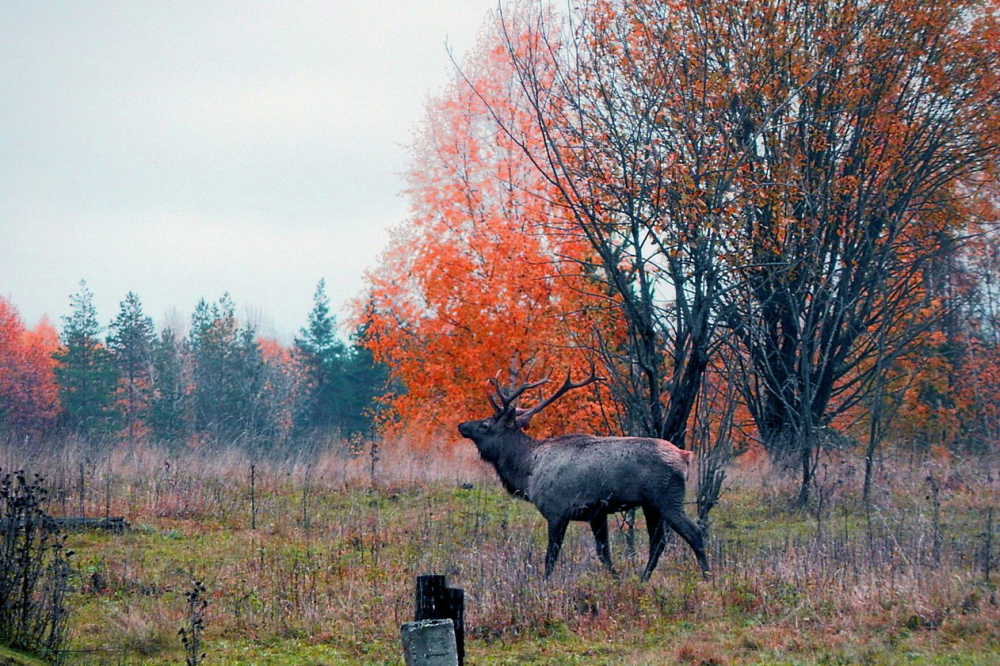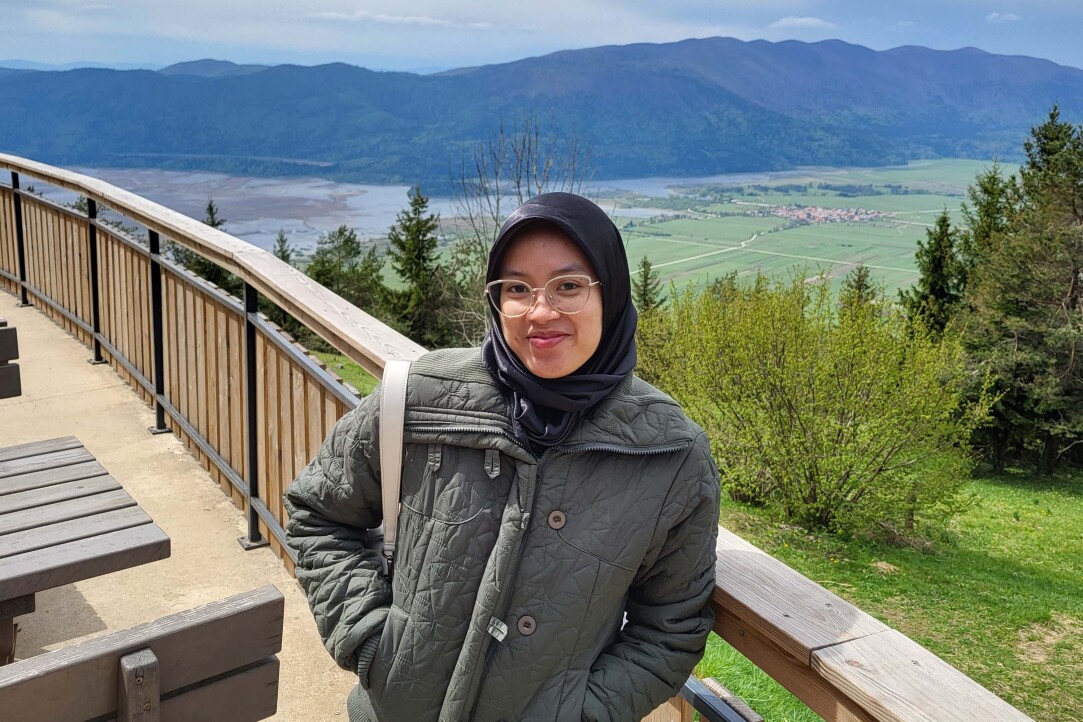
AI vs AI: Scientists Develop Neural Networks to Detect Generated Text Insertions
A research team, including Alexander Shirnin from HSE University, has developed two models designed to detect AI-generated insertions in scientific texts. The AIpom system integrates two types of models: a decoder and an encoder. The Papilusion system is designed to detect modifications through synonyms and summarisation by neural networks, using one type of models: encoders. In the future, these models will assist in verifying the originality and credibility of scientific publications. Articles describing the Papilusion and AIpom systems have been published in the ACL Anthology Digital Archive.

Acoustic Battles for the Harem: How the Calls of Siberian Wapiti Reveal Their Status and Individuality
Researchers at HSE University, Lomonosov Moscow State University, and the A.N. Severtsov Institute of Ecology and Evolution of the Russian Academy of Sciences have studied the distinctive vocalisations of Siberian wapiti (Cervus canadensis sibiricus) stags during the peak of the mating season, when males produce rutting calls (bugles) to attract females (hinds) and deter rivals. The scientists have discovered how the acoustic parameters of these rutting calls reflect the stag's status—whether he currently holds a harem or is still attempting to acquire one—as well as his individual characteristics. The study has been published in Journal of Zoology.

‘My Advice to International Students: Be Open-Minded and Willing to Adapt!’
Adila Ulfia Maula Tontowi is a third-year student of the Bachelor’s in Foreign Languages and Intercultural Communication. After moving from her hometown in Indonesia to France for a year, she decided to broaden her horizons even further and study at HSE University in Moscow. In this interview, Maula talks about navigating intercultural interactions, how the International Prep Year helped her adapt to life in Russia, and what she’s learned about traditional Russian celebrations like Maslenitsa—which is taking place this week.


Application deadline: June 23, 2025